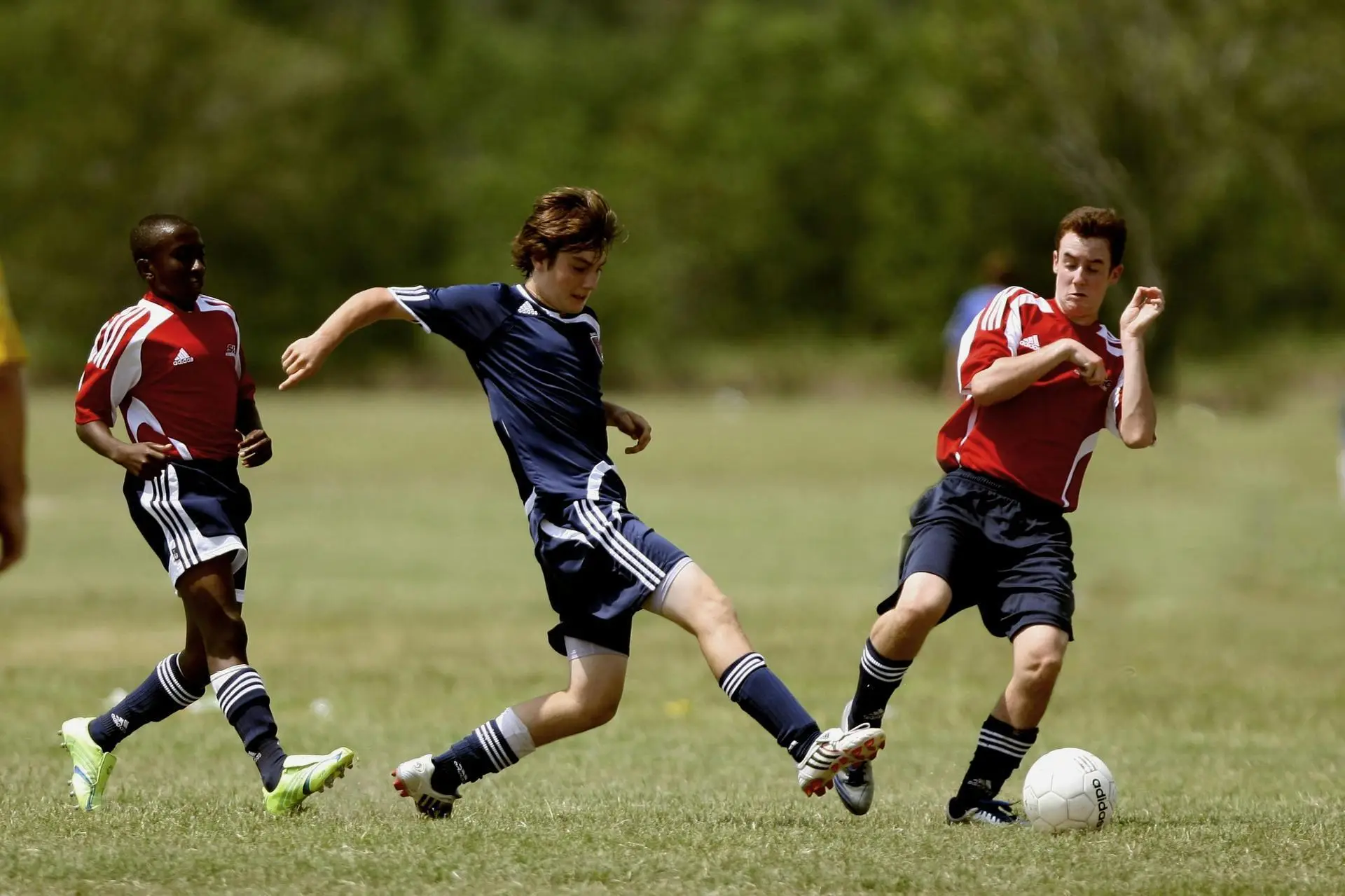The Untold Stories of Amateur Athletes Balancing Life and Passion
In the world of sports, professional athletes often dominate the spotlight, their achievements celebrated on global stages. However, behind the scenes, millions of amateur athletes are dedicating their time and energy to their passion for sport while simultaneously managing the challenges of everyday life. These individuals may not compete for fame or fortune, but their stories are no less inspiring. From early morning training sessions to juggling work, family, and personal commitments, amateur athletes embody resilience, determination, and an unrelenting love for their chosen disciplines.
This article delves into the untold stories of amateur athletes, highlighting the unique challenges they face, their motivations, and the lessons they teach us about perseverance and balance.
The Dual Life of an Amateur Athlete
Amateur athletes often live a dual life—one where they balance the demands of their careers, families, and social responsibilities with the rigorous training schedules required to excel in their sport. Unlike professionals, amateurs rarely have the luxury of dedicating all their time to their passion, making their commitment even more remarkable.
Key aspects of this balancing act include:
- Time management: Finding time for training amidst work deadlines, family obligations, and personal responsibilities.
- Financial challenges: Covering the costs of equipment, travel, and competition fees without sponsorships or substantial external funding.
- Emotional strain: Managing the stress of competing at a high level while meeting the expectations of daily life.
These athletes demonstrate that success in sports isn’t just about physical ability—it’s about determination, sacrifice, and the ability to prioritize effectively.
The Motivation Behind the Passion
What drives amateur athletes to dedicate so much of their lives to their sport, despite the challenges? For many, it’s a deep-seated passion and a sense of purpose that keeps them going.
Common motivations include:
- Personal fulfillment: The joy of improving skills, achieving personal bests, and competing against others.
- Health and fitness: Staying active and maintaining physical well-being through regular training.
- Community and camaraderie: Building connections with like-minded individuals who share a love for the sport.
- Setting an example: Inspiring children, family members, or peers by showing the value of hard work and dedication.
For amateur athletes, the rewards of pursuing their passion often outweigh the sacrifices, fueling their commitment to the sport they love.
The Challenges of Competing Without Professional Support
Unlike professional athletes, amateurs rarely have access to the same resources, such as full-time coaches, state-of-the-art facilities, or sponsorship deals. This lack of support makes their achievements even more impressive, as they must rely on their resourcefulness and determination to succeed.
Challenges faced by amateur athletes include:
- Limited training resources: Many train in local gyms, parks, or community centers, often without professional guidance.
- Balancing recovery and rest: Without access to physiotherapists or recovery specialists, amateurs must manage injuries and fatigue on their own.
- Financial burdens: Paying for competitions, gear, and travel often comes out of their own pockets, adding financial stress to their efforts.
Despite these obstacles, amateur athletes continue to push boundaries, proving that passion and perseverance can overcome even the toughest hurdles.
Stories of Resilience and Determination
Every amateur athlete has a story worth telling—a tale of resilience, determination, and the pursuit of excellence. These stories often highlight the extraordinary lengths to which individuals go to balance their passion for sport with the realities of everyday life.
Examples of inspiring amateur athletes:
- The working parent: A mother of two who wakes up at 4 a.m. to train for marathons before heading to work and managing her family’s needs.
- The weekend warrior: A full-time office worker who spends evenings and weekends training for triathlons, sacrificing leisure time to chase personal goals.
- The student-athlete: A college student juggling academics, part-time jobs, and competitive sports, demonstrating maturity and discipline beyond their years.
These stories remind us that greatness isn’t reserved for professionals—it’s found in anyone willing to put in the effort and overcome adversity.
The Mental Strength of Amateur Athletes
While physical fitness is essential, the mental toughness displayed by amateur athletes is perhaps their most admirable quality. Balancing life and sport requires a unique mindset, one that embraces challenges and remains focused on long-term goals.
Key mental traits of amateur athletes:
- Resilience: The ability to bounce back from setbacks, whether it’s an injury, a poor performance, or a missed opportunity.
- Discipline: Maintaining a consistent training schedule despite competing priorities and limited time.
- Optimism: Staying motivated and positive, even when progress is slow or obstacles arise.
The mental strength developed through sports often translates to other areas of life, helping amateur athletes excel in their careers, relationships, and personal growth.
The Role of Community and Support Systems
Behind every successful amateur athlete is a network of support—family, friends, teammates, and coaches who help them navigate the challenges of balancing life and sport. This sense of community is often a driving force, providing encouragement, accountability, and motivation.
Ways community support makes a difference:
- Shared experiences: Connecting with others who understand the demands of the sport fosters a sense of belonging.
- Practical help: Family members and friends often step in to assist with childcare, transportation, or other responsibilities.
- Emotional encouragement: A supportive network helps athletes stay motivated during tough times and celebrate their successes.
The power of community reminds us that no athlete, amateur or professional, achieves success alone.
Lessons We Can Learn from Amateur Athletes
Amateur athletes may not always receive the recognition they deserve, but their stories offer valuable lessons for anyone striving to achieve their goals. Their ability to balance life and passion demonstrates the importance of perseverance, time management, and a positive mindset.
Key takeaways from their journeys:
- Passion fuels progress: When you truly love what you do, the effort feels worthwhile, even when challenges arise.
- Balance is key: Success doesn’t require perfection—it’s about finding a sustainable way to pursue your goals while managing other responsibilities.
- Resilience leads to growth: Setbacks are inevitable, but how you respond to them determines your ultimate success.
Amateur athletes inspire us to pursue our passions with dedication and to embrace the journey, no matter how difficult it may seem.
Celebrating the Unsung Heroes of Sport
Amateur athletes may not compete under the bright lights of professional arenas, but their contributions to the world of sports are just as meaningful. They remind us that the true spirit of sport lies not in fame or fortune, but in the love of the game and the determination to improve.
By sharing their stories, we can celebrate the resilience, passion, and dedication of these unsung heroes, inspiring others to pursue their own goals—both on and off the field. In the end, it’s not about whether you’re a professional or an amateur; it’s about the heart and effort you bring to the pursuit of excellence.











